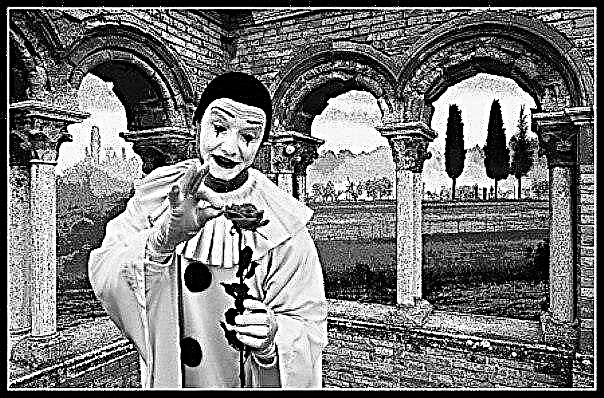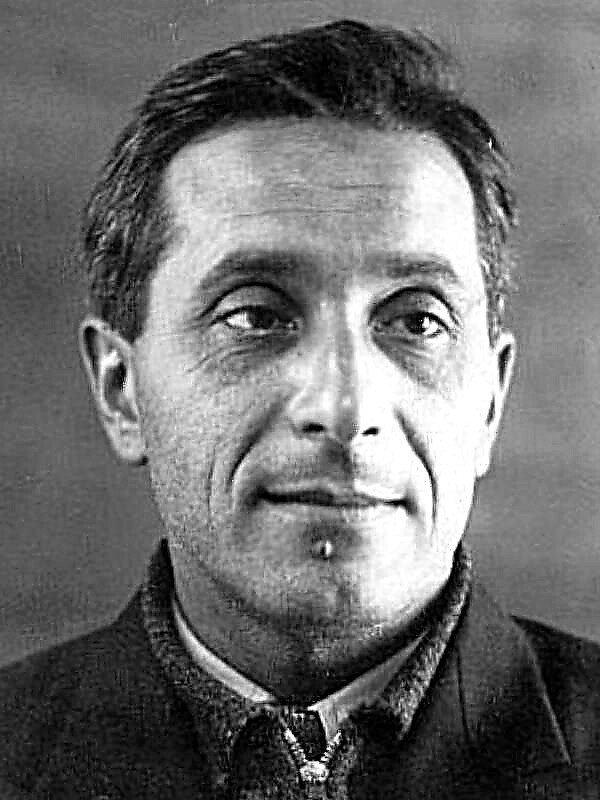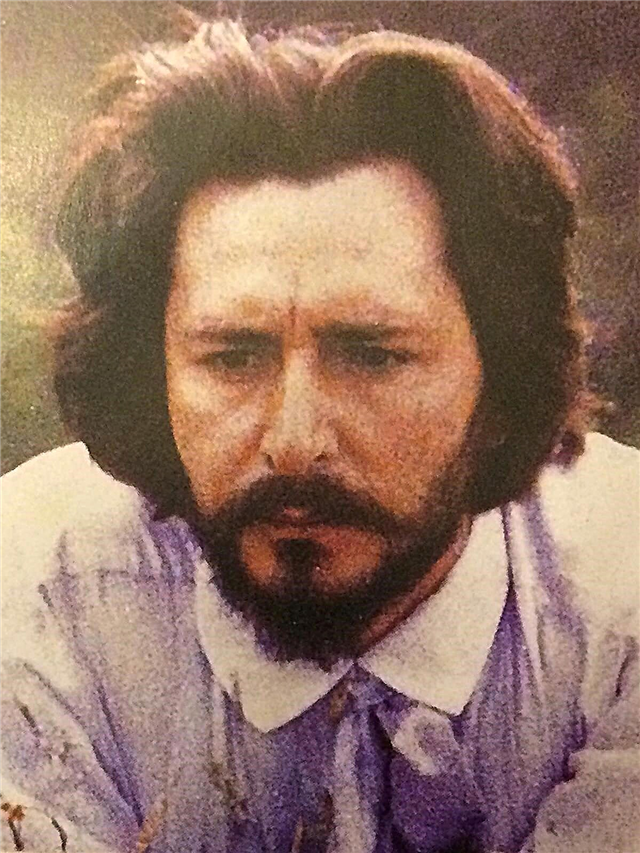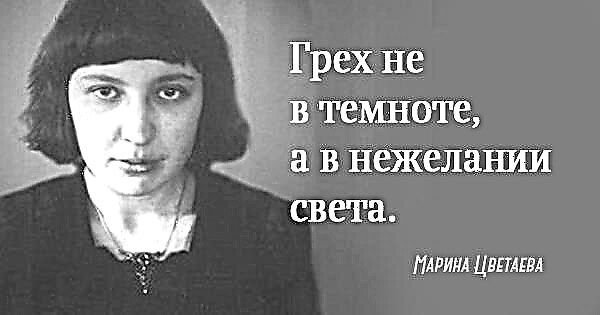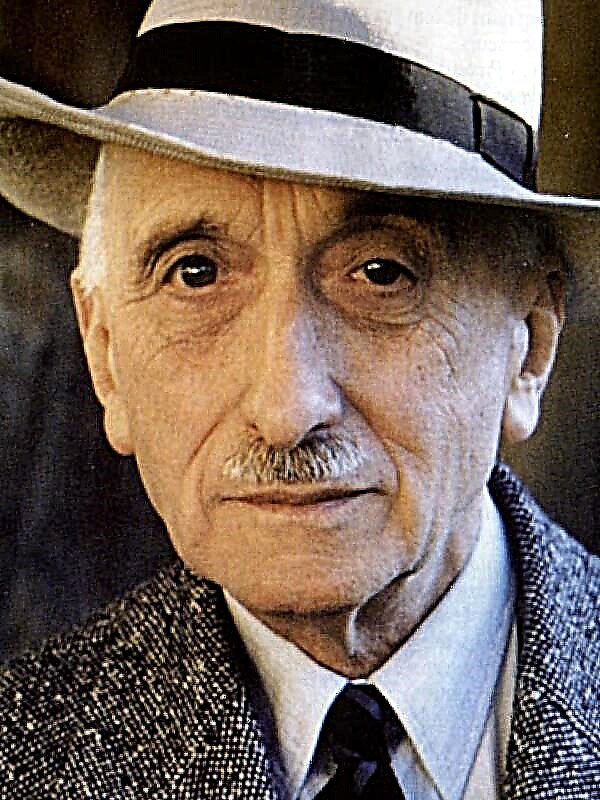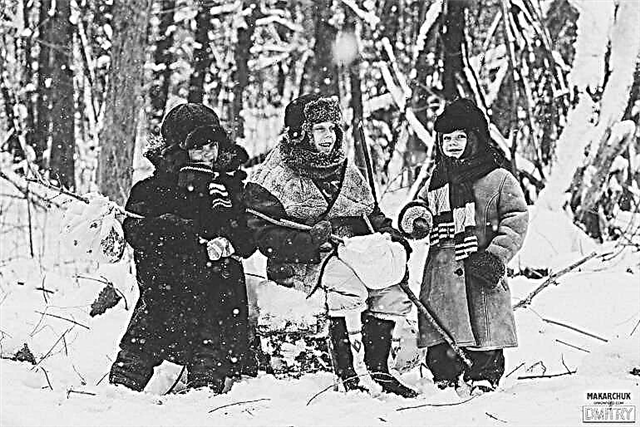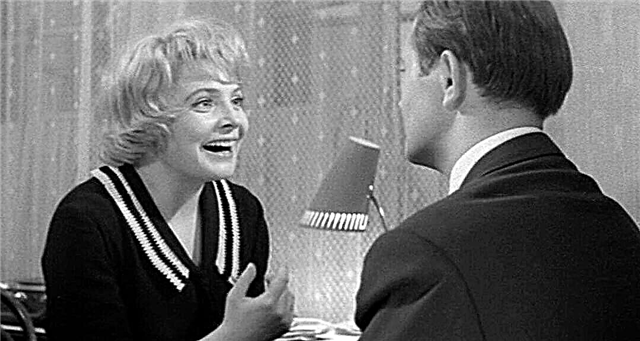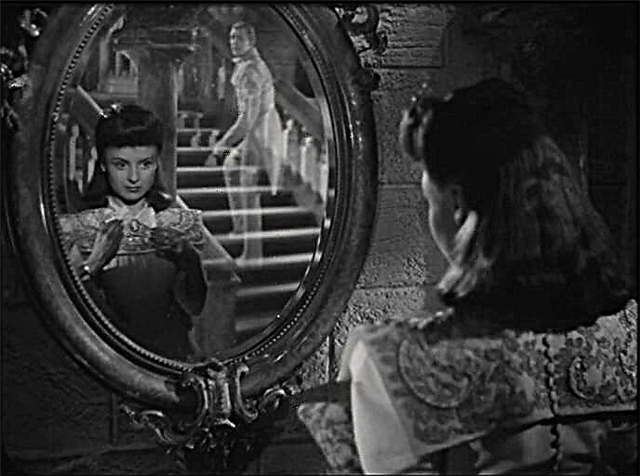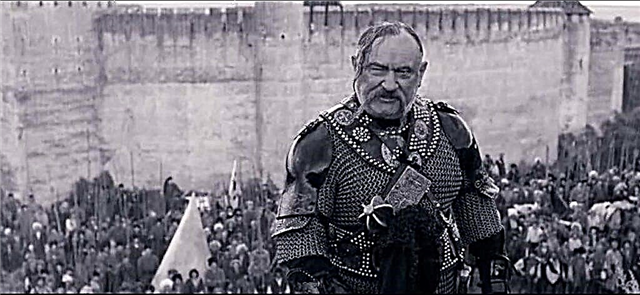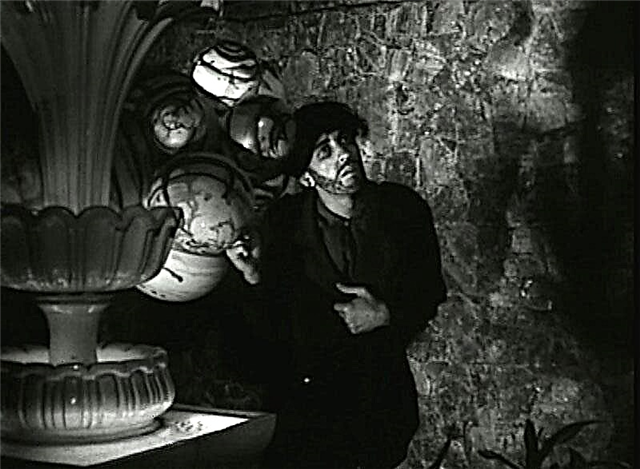The young knight Albert is about to appear at the tournament and asks his servant Ivan to show the helmet. The helmet is pierced through at the last match with the knight Delorge. It’s impossible to wear it. The servant consoles Alber by the fact that he repaid Delorge in full, knocking him out of the saddle with a mighty blow, from which the offender Alber lay dead for 24 hours and has hardly recovered so far. Albert says that the cause of his courage and strength was the rage over his damaged helmet. The fault of heroism is stinginess. Albert complains about poverty, the embarrassment that prevented him from removing his helmet from the defeated enemy, says that he needs a new dress, that he is forced to sit at the ducal table in armor, while other knights flaunt in satin and velvet. But there is no money for clothes and weapons, and Alber's father, the old baron, is a miser. There is no money to buy a new horse, and the permanent creditor of Albert, a Jew Solomon, according to Ivan, refuses to continue to believe in debt without a mortgage. But the knight has nothing to lay. The moneylender does not succumb to any persuasion, and even the argument that Alber's father is old, will soon die and leave his son with his great fortune, does not convince the lender.
At this time, Solomon himself appears. Albert is trying to solicit money from him, but Solomon, though gently, nevertheless resolutely refuses to give money even under an honest word of chivalry. Alber, upset, does not believe that his father can survive him, Solomon says that everything happens in life that “our days are not counted by us,” and the baron is strong and can live another thirty years. In desperation, Albert says that in thirty years he will be fifty, and then he will hardly need the money. Solomon objects that money is needed at any age, only "the young man is looking for servants in them nimble," "the old man sees them as reliable friends." Albert claims that his father himself serves money, like an Algerian slave, "like a dog of the chain." He denies himself everything and lives worse than a beggar, and "gold quietly lies in the chests for himself." Nevertheless, Alber hopes that someday it will serve him, Alber. Seeing Albert’s despair and his readiness for everything, Solomon gives him hints to understand that his father’s death can be brought closer with the help of poison. At first, Albert does not understand these hints. But, having understood the matter, he wants to immediately hang Solomon at the gates of the castle. Solomon, realizing that the knight is not joking, wants to pay off, but Albert drives him out. Recalling himself, he intends to send a servant for the moneylender to accept the money offered, but changes his mind because he thinks that they will smell like poison. He demands to serve wine, but it turns out that there is not a drop of wine in the house. Cursing such a life, Albert decides to seek a council for his father from the duke, who should force the old man to support his son, as befits a knight.
The baron goes down to his basement, where he stores chests of gold so that he can pour a handful of coins into the sixth chest, which is not yet full. Looking at his treasures, he recalls the legend of the king, who ordered his soldiers to lay a handful of land, and how, as a result, a giant hill grew, from which the king could oziry vast spaces. The baron likens his treasures collected in crumbs to this hill, which makes him the ruler of the whole world. He recalls the story of each coin, behind which the tears and sorrow of people, poverty and death. It seems to him that if all the tears, blood and sweat shed for this money had now come out of the bowels of the earth, then there would have been a flood. He pours a handful of money into the chest, and then unlocks all the chests, puts lighted candles in front of them and admires the glitter of gold, feeling himself the sovereign of a mighty power. But the idea that after his death an heir will come here and squander his wealth will lead the baron to rage and indignation. He believes that he does not have the right to it, that if he himself, with the hardest labor of crumbs, had accumulated these treasures, he certainly would not have thrown the gold left and right.
In the palace, Albert complains to the duke about his father, and the duke promises to help the knight, persuade the baron to support his son, as it should be. He hopes to awaken his father’s feelings in the baron, because the baron was a friend of his grandfather and played with the duke when he was still a child.
The baron approaches the palace, and the duke asks Albert to bury himself in the next room, while he will talk with his father. The baron appears, the duke greets him and tries to evoke in him the memories of his youth. He wants the baron to appear at the court, but the baron is discouraged by old age and weakness, but promises that in case of war he will have the strength to draw his sword for his duke. The duke asks why he does not see the son of the baron at the court, to which the baron replies that the interference is the gloomy disposition of his son. The duke asks the baron to send his son to the palace and promises to accustom him to fun. He demands that the baron appoint to the son befitting a knight. Having been darkened, the baron says that his son is not worthy of the care and attention of the duke, that "he is corrupt", and refuses to fulfill the request of the duke. He says that he is angry with his son for plotting a suicide. The Duke threatens to bring Albert to justice for this. The Baron reports that his son intends to rob him. Hearing these slander, Alber bursts into the room and accuses his father of lying. The angry baron throws his glove to his son. With the words “Thank you. This is Father’s first gift. ”Albert accepts the challenge of the baron. This incident plunges the Duke in amazement and anger, he takes the baron’s glove from Albert and drives his father and son away from him. At that moment, with the words about the keys on the lips, the baron dies, and the duke laments the "terrible age, terrible hearts."

